Notable Comebacks

Notable Comebacks
Tiger Woods

With Tiger Woods announcing the resumption of his golf career at the 2010 Masters, SI.com looks at some other highly anticipated and notable returns, including the likes of Muhammad Ali, Magic Johnson, Mario Lemieux and Monica Seles.
Marion Jones
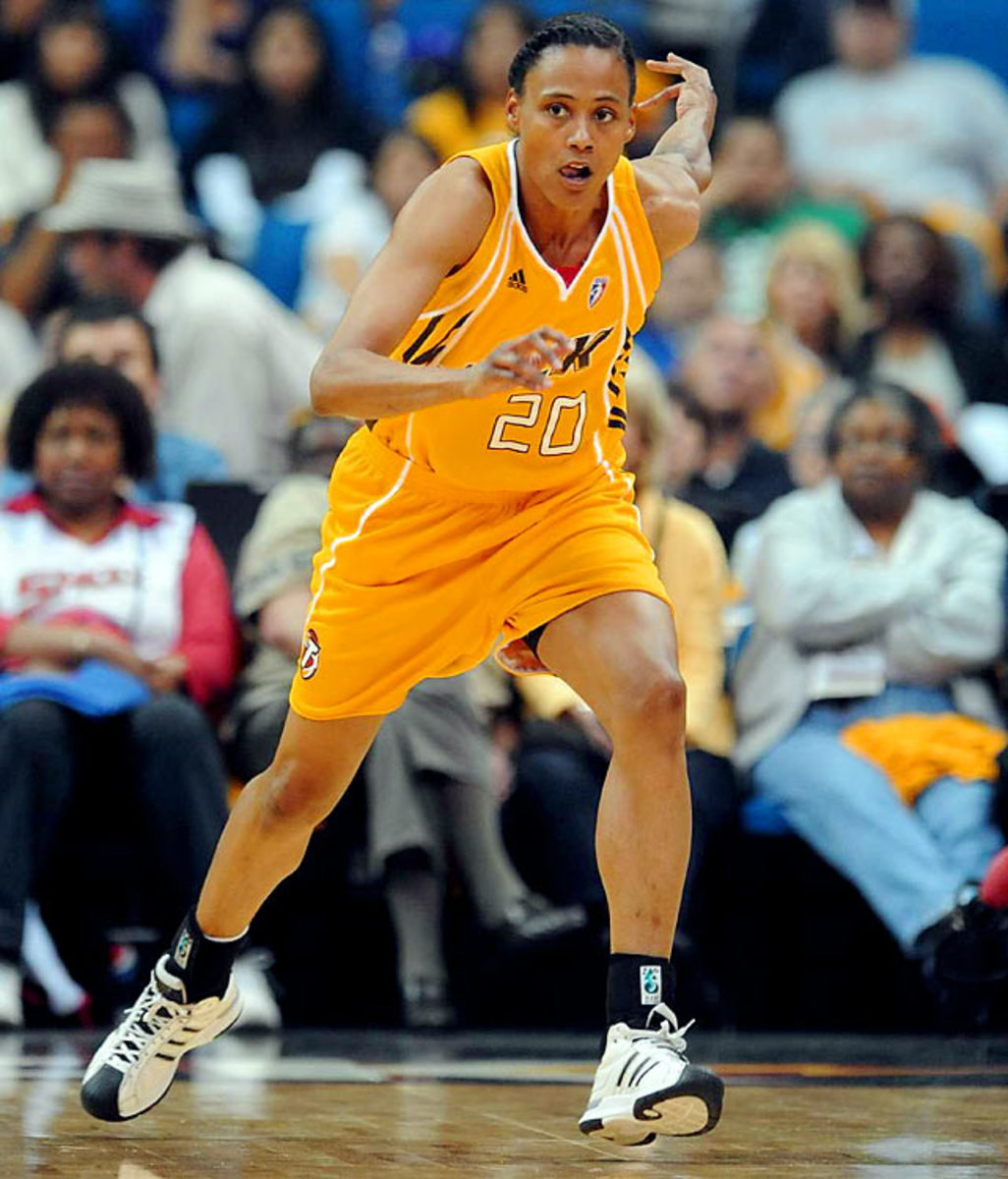
Former Olympic track star Marion Jones, who was stripped of the five medals she won in Sydney for steroid use and who served six months in prison for lying to prosecutors, made a return to the sports world in May 2010 with the Tulsa Shock of the WNBA. She played fewer than four minutes in the season opener, which came more than 10 years after she helped North Carolina win the 1994 NCAA Championship.
Muhammad Ali

In today's 24/7 news cycle, the return Muhammad Ali made to boxing might have rivaled the coverage Tiger Woods is creating for his planned return at the Masters. Ali's refusal to be inducted into the Army led to his arrest and the loss of his boxing title. While the case was being appealed to the U.S. Supreme Court, he defeated Jerry Quarry in an October 1970 bout in Georgia. However, his first fight after the Supreme Court overturned the conviction took place at Madison Square Garden, where he won in 15 rounds over Oscar Bonavena, paving the way for Ali-Frazier (The Fight of the Century).
Magic Johnson

Three months after retiring from the NBA after testing positive for the HIV virus, Magic Johnson made a highly anticipated comeback in the 1992 All-Star Game. With questions swirling about the safety of his participation -- including some players saying they would be at risk of contamination if Johnson suffered an open wound while on the court -- Magic treated viewers with a show as always, scoring 25 points, dishing nine assists and winning MVP honors after nailing the game-capping three-pointer in the West's 153-113 victory.
Mario Lemieux
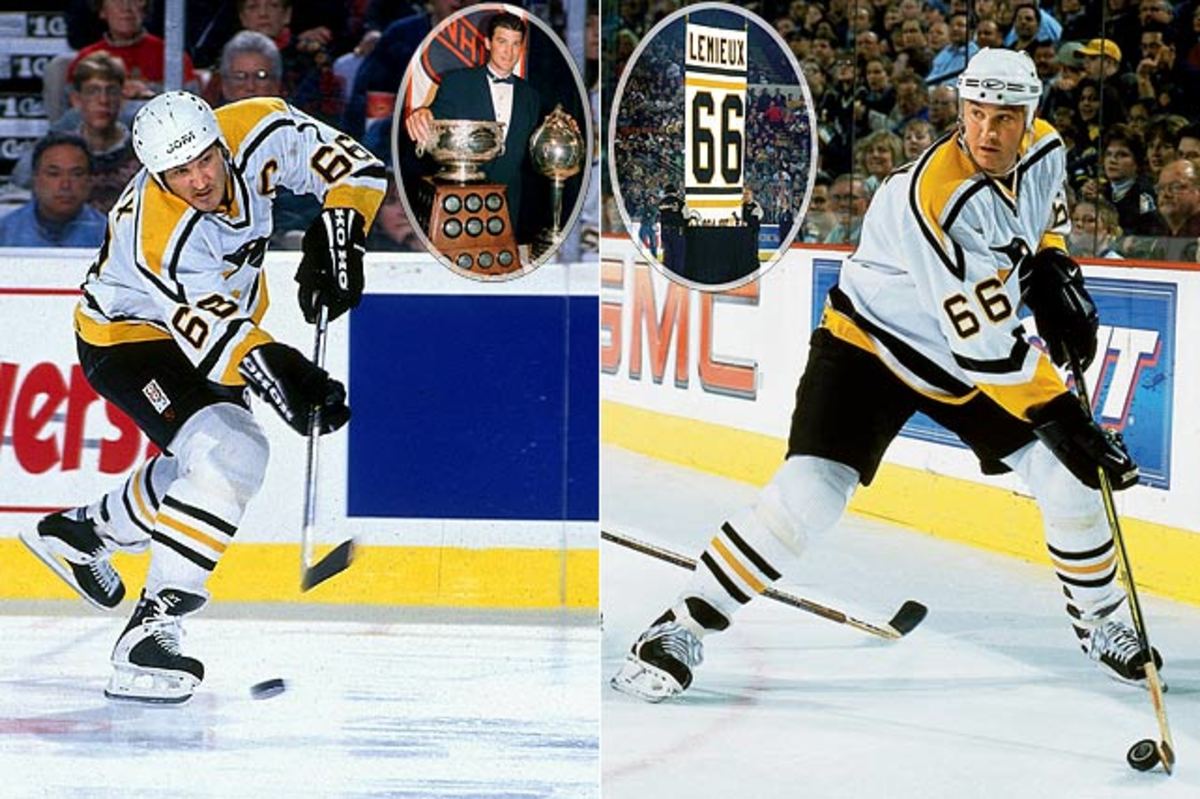
The Penguins' superb center won the NHL scoring title and MVP Award in 1995-96 despite missing a year due to Hodgkin's disease and back trouble that led him to retire in 1997. On December 27, 2000, he returned to play with the Penguins -- by then head of their ownership group and only the third member of the Hockey of Hall of Fame to appear in an NHL game -- scoring a goal and adding two assists against Toronto. He went on to score 35 goals and play parts of four more seasons before retiring for good in 2006.
Monica Seles
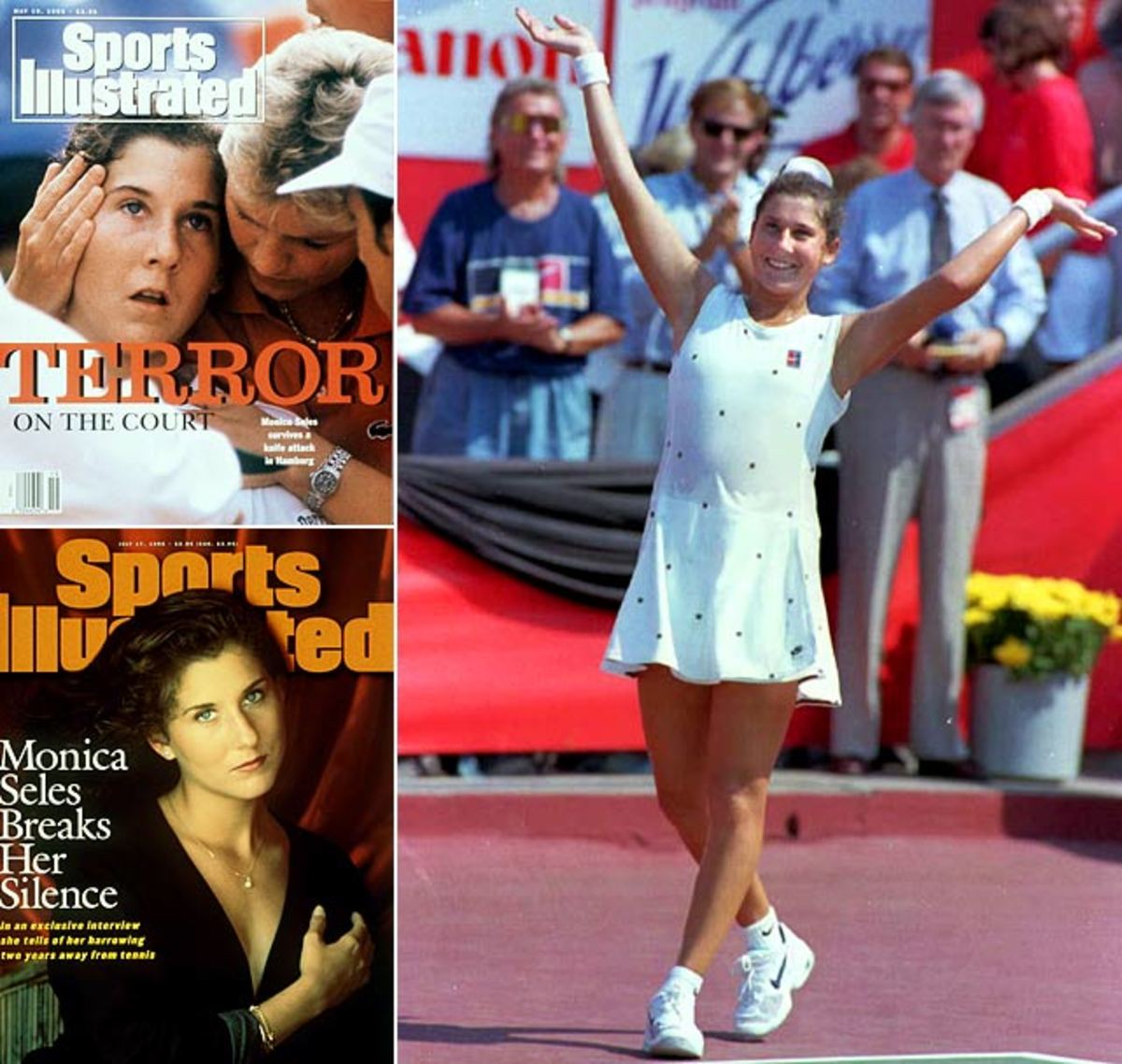
Stabbed in the back during a break between games in Hamburg, Monica Seles spent more than two years away from the game. "I went from being the world's No. 1 player worrying about my next match, to worrying, Am I going to be able to walk?'' she once said. When Seles did return, she won her comeback tournament, the 1995 Canadian Open, defeating Amanda Coetzer in the finals.
George Steinbrenner
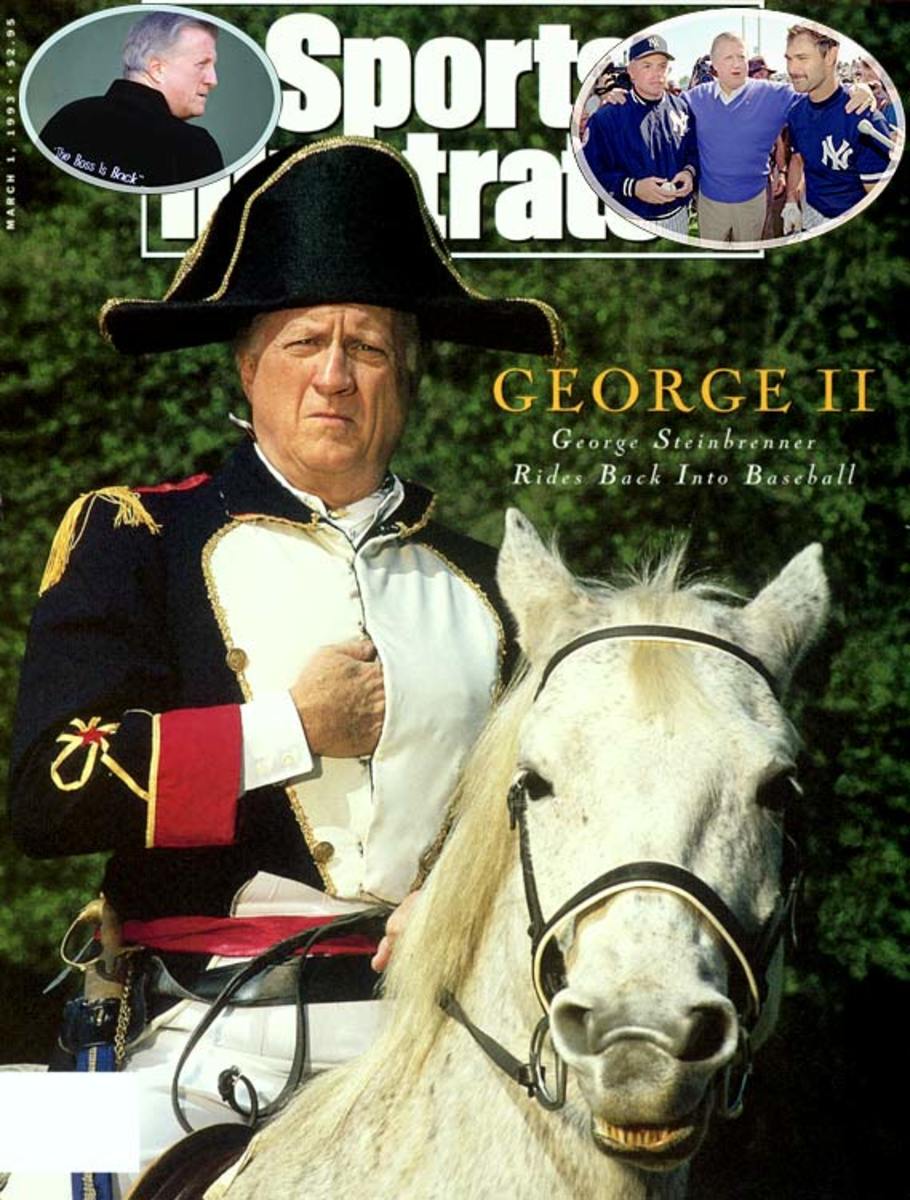
The blustery boss of the Yankees was given a lifetime ban in 1990 by Commissioner Fay Vincent for paying an admitted gambler to dig up unflattering information about slugger Dave Winfield, with whom Steinbrenner was embroiled in a contract dispute. The ban was later reduced to 30 months, and on March 1, 1993, The Boss made a dramatic return to the Yankees' spring training camp in Fort Lauderdale, Fla., as a plane circled the stadium with a "Welcome Back, George" sign. Media wore credentials that read "The Boss is Back."
Mike Tyson

After Mike Tyson served three years in prison for a rape conviction, his return to the ring against Peter McNeeley was the one of the most viewed fights ever. It grossed more than $96 million worldwide, including a U.S. record $63 million for pay-per-view. Tyson defeated McNeeley in 86 seconds.
Michael Jordan

"I'm back," Jordan famously announced in a two-word press release in March 1995, signaling the first of his two returns to the NBA and the end of his minor league baseball career. Jordan struggled in his first game in 21 months -- wearing No. 45, he shot only 7-for-28 from the field and scored 19 points in the Bulls' OT loss at Indiana -- but by his fifth game he was dropping 55 points on the Knicks at Madison Square Garden.
Gordie Howe
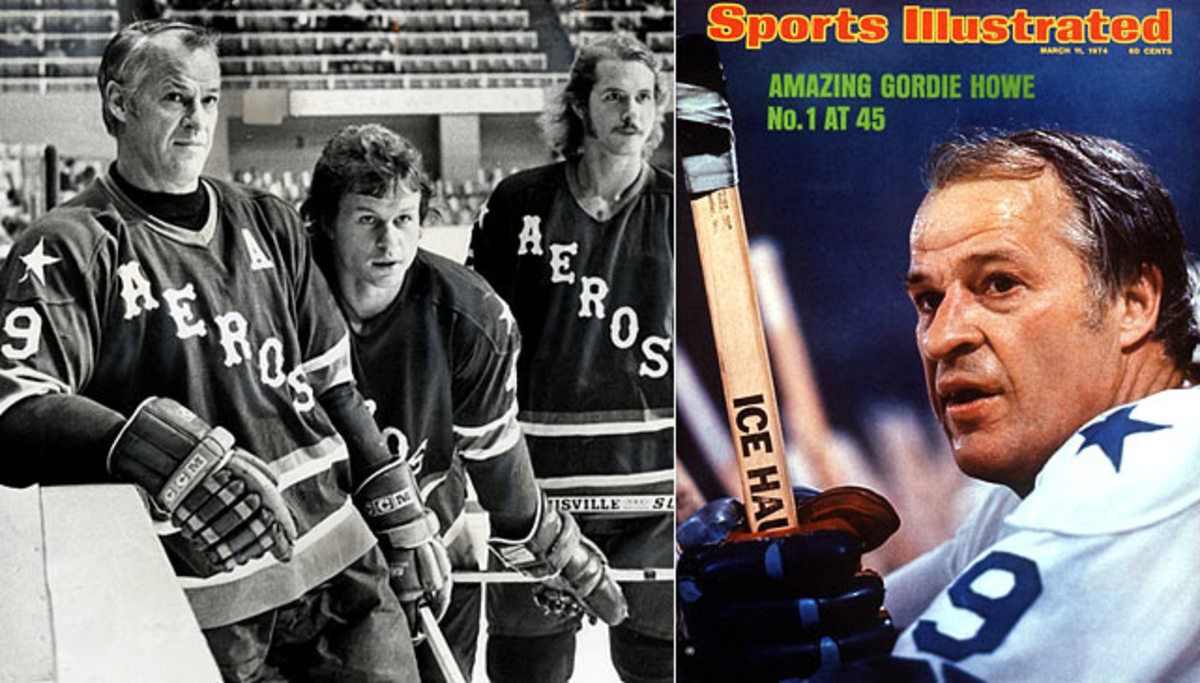
Detroit's 21-time NHL All-Star, otherwise known as "Mr. Hockey", retired after the 1970-71 season due to arthritis in his left wrist. Two years later, the NHL's all-time scoring champion was offered the chance to play with his sons Mark and Marty for the Houston Aeros of the rival WHA. Howe had surgery and took to the ice again, winning two WHA championships and playing another six seasons, his last with NHL's Hartford Whalers in 1979-80.
Bo Jackson
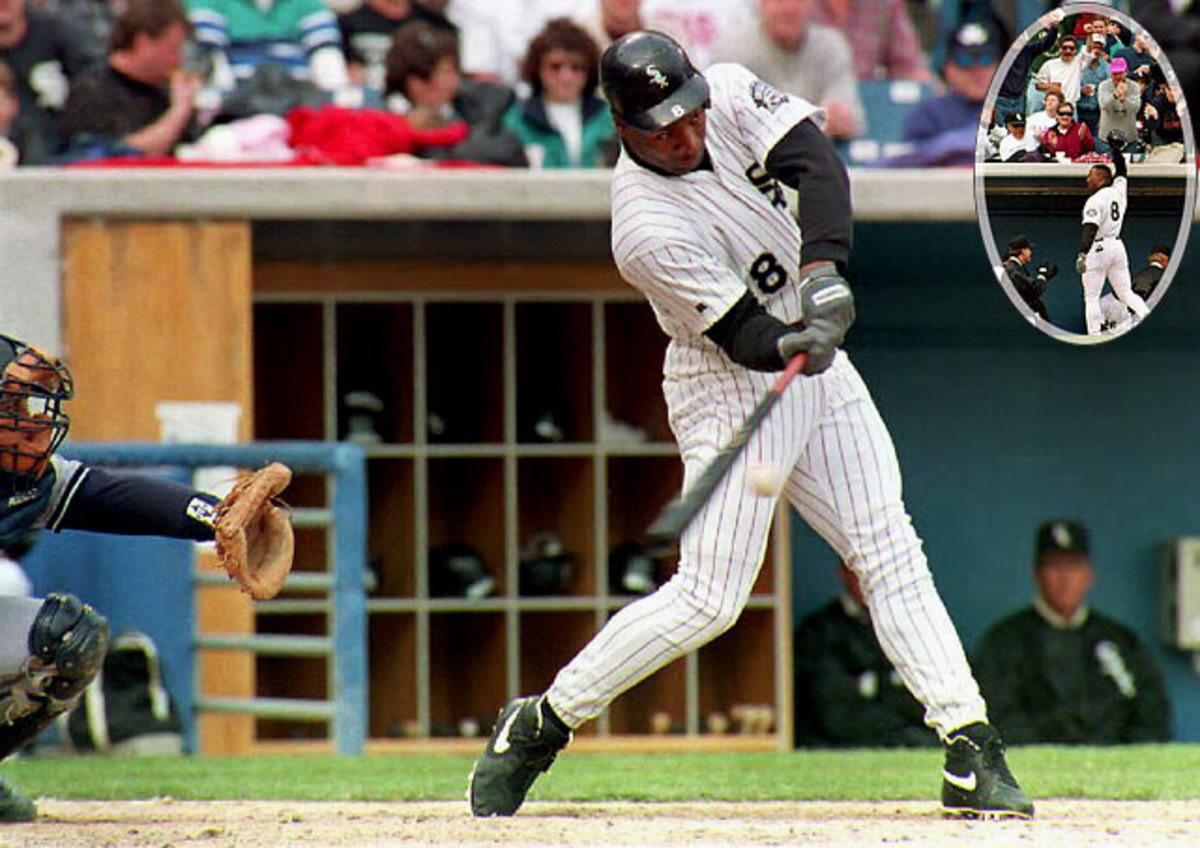
One of the best two-sport professional athletes ever, Bo Jackson made a highly anticipated return to baseball in 1993, following hip replacement surgery. He homered on his first swing in his first at-bat and finished the year with 16 homers and 45 RBI. But it was clear that his best days were behind him.
Michael Vick
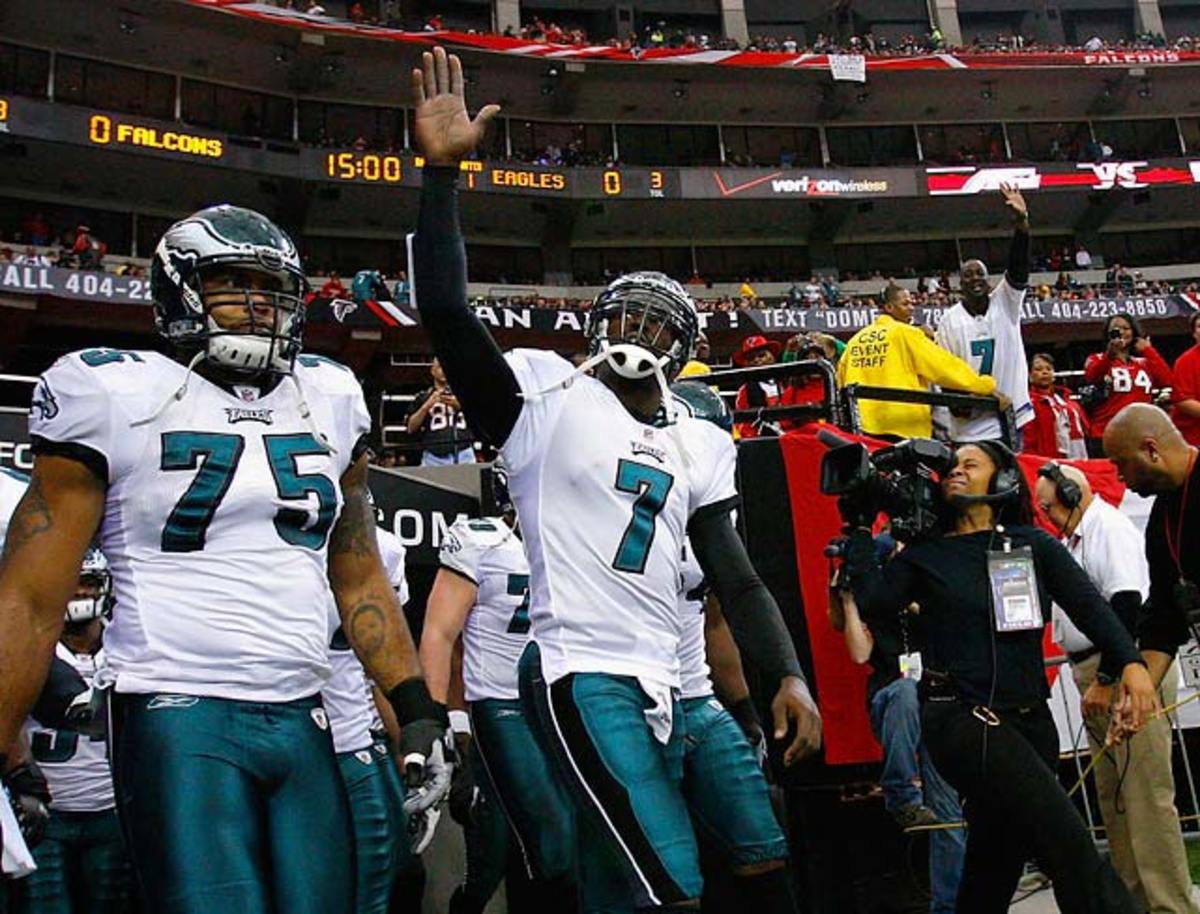
After spending 23 months in federal prison for his role in a dogfighting operation, Michael Vick made his controversial return to the NFL by signing with the Philadelphia Eagles before the 2009 season. He was cheered and jeered throughout the year.
Todd Bertuzzi
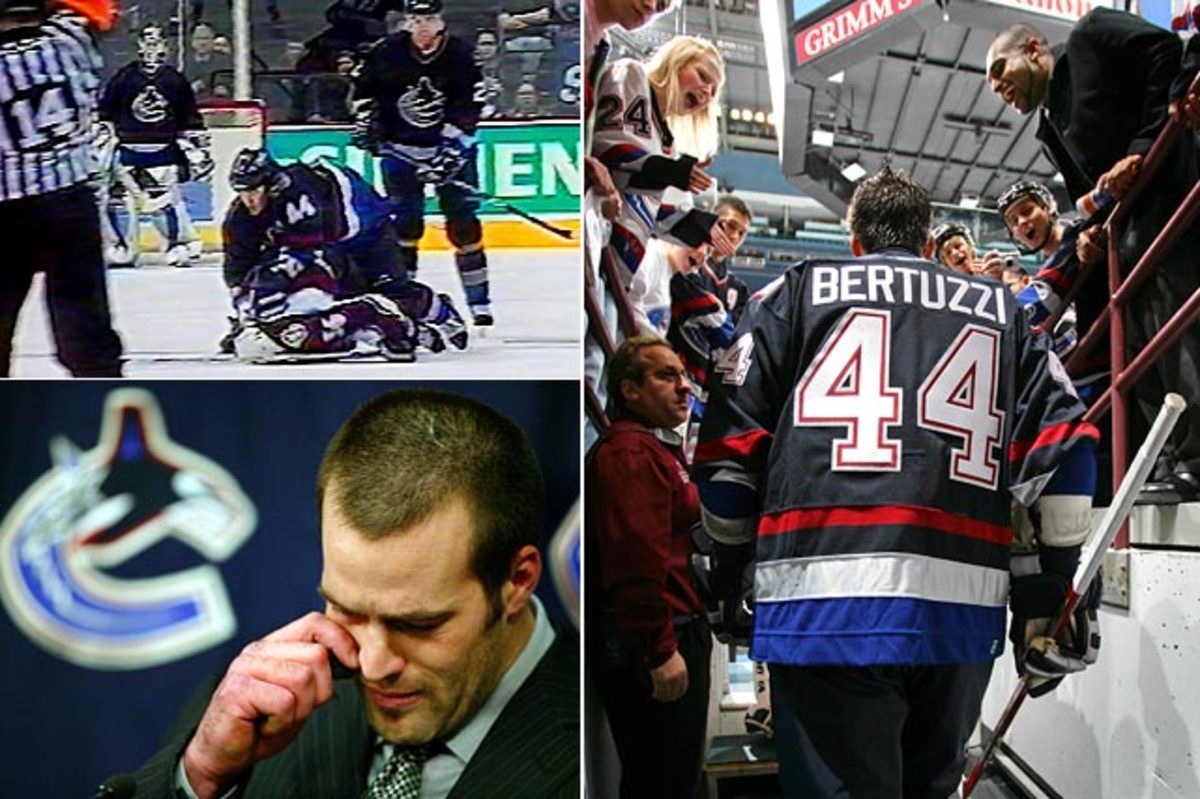
A power forward with a notorious enforcer streak, Bertuzzi was suspended indefinitely after critically injuring Steve Moore of the Colorado Avalanche with a sucker punch in a 2004 game. Charged with assault (he pleaded guilty after offering a tearful public apology), Bertuzzi returned to action with Canucks on Oct. 5, 2005 after 17 months, cheered in Vancouver but a villain who was booed wherever the team went. He was also sued by Moore, who never played in the NHL again.
Roger Clemens
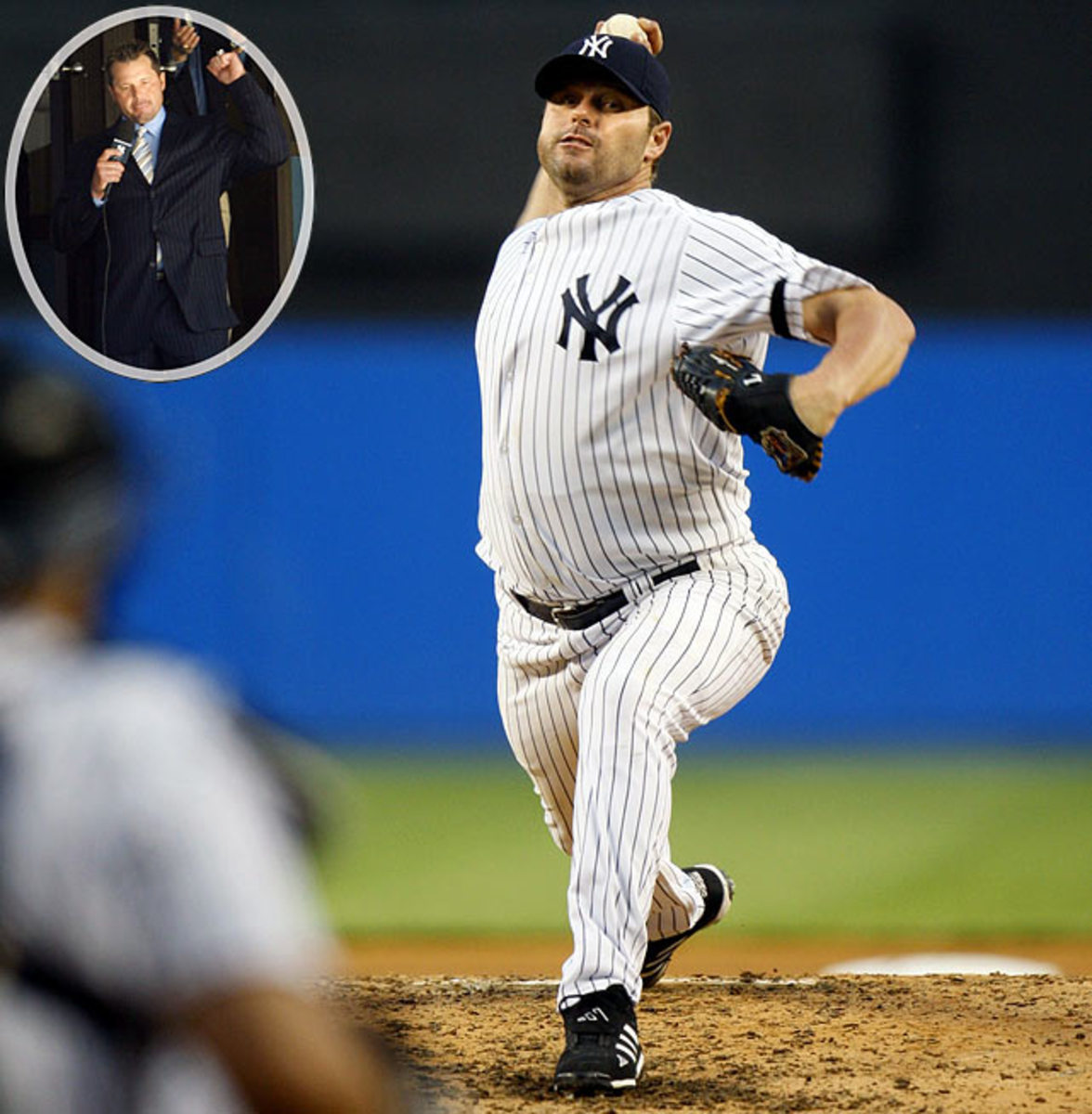
The seven-time Cy Young Award-winner "unretired" for the fourth time by showing up at Yankee Stadium on May 6, 2007 to announce he would re-join the team for which he had pitched from 1999-2003. "Well, they came and got me out of Texas and I can tell you it's a privilege to be back," he told the roaring crowd over the public address system. "I'll be talking to y'all soon." After signing a one-year deal for $28,000,022, Clemens went 6-6 with a 4.18 ERA and retired again...for good.
Lance Armstrong

After winning the Tour de France an unprecedented seven consecutive years, Armstrong retired in 2005 to devote more time to his cancer foundation. His love of competition lured him back at age 37 for the 2009 Tour, in which he finished a respectable third. He was dogged by race officials who had long suspected him of using performance-enhancing drugs, though he had never failed a test.
Brett Favre
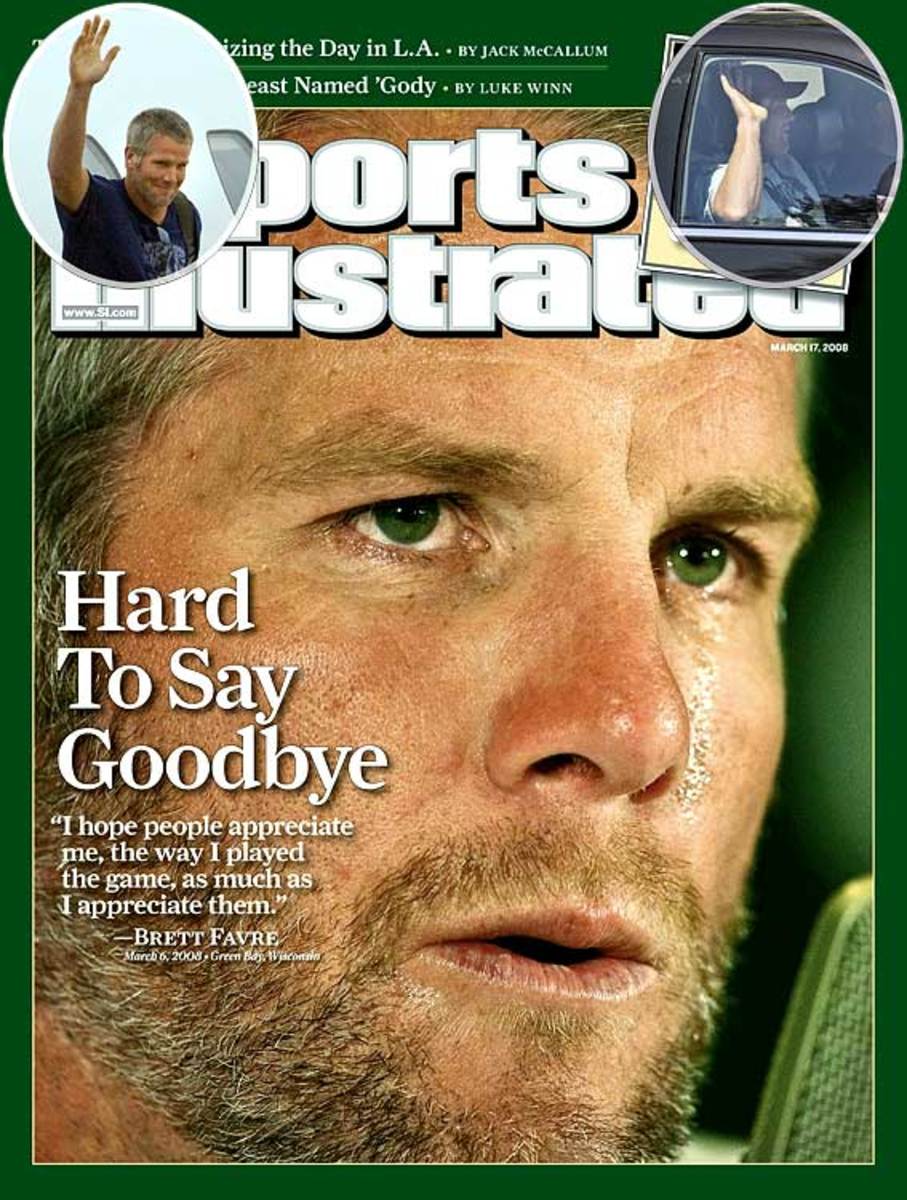
Brett Favre's August 2008 flight from Mississippi to training camp in Green Bay was national news as was his August 2009 flight from Mississippi to Minnesota, both because he had indicated earlier that he was retiring from football. Love him or hate him, his two comeback decisions have been full of drama. Who would you add to the list? Send suggestions to siwriters@simail.com
